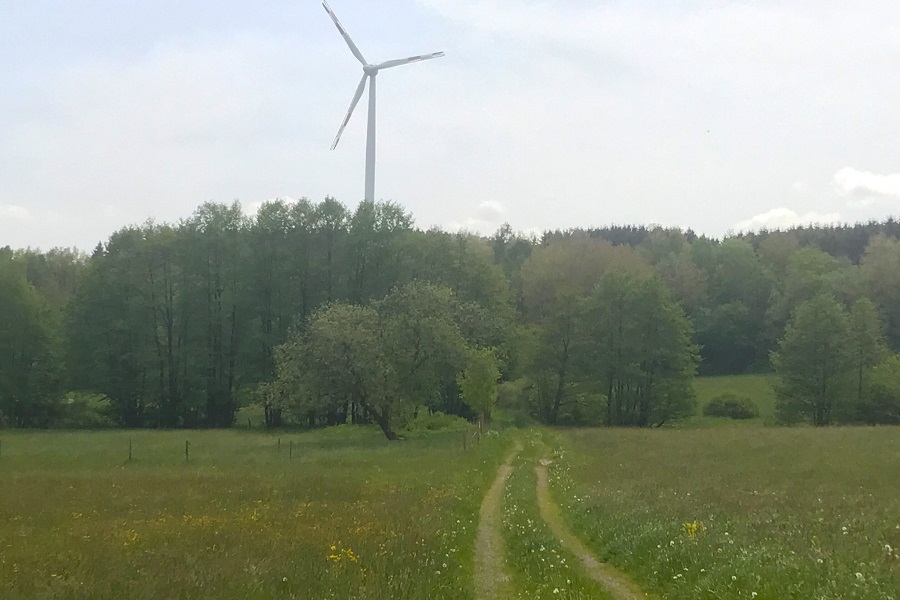11 Dec 2024

Tired Earth
By The Editorial Board

Misinformation about wind energy—such as "turbines are harmful to health and are economically inefficient"—undermines the social acceptance of wind power. However, these statements are widespread and met with great approval. More than a quarter of respondents in representative studies involving the University of Hohenheim in Stuttgart agree with a variety of misinformation.
This mainly depends on the worldviews of those surveyed rather than a lack of knowledge—which makes a fact-based discussion more difficult.
In order to achieve their climate targets and reduce CO2 emissions, many nations are focusing on the expansion of wind energy. In addition to factual arguments for or against wind power, false or misleading claims are also spreading in public discourse.
"Until now, little was known about the extent to which people agree with misinformation about wind turbines," says project leader Dr. Kevin Winter, post-doctoral researcher at the Department of Sustainable Behavior and Management at the University of Hohenheim.
Together with Prof. Dr. Kai Sassenberg from the Leibniz Institute for Psychology (ZPID) in Trier and researchers from the University of Queensland (Australia) and the University of Bremen, Dr. Winter has now investigated this agreement in several studies with a total of more than 6,000 participants. The work is published in the journal Nature Communications.
High approval of misinformation about wind turbines
In representative surveys conducted in Australia, the U.K. and the U.S., more than a quarter of respondents agree with a variety of false or misleading claims about wind turbines. For example, about 20% of respondents believe statements about the supposed health risks of wind turbines. As many as 40% assume that there are secret arrangements and manipulated information regarding the expansion of wind energy. Another representative survey in Germany shows slightly lower numbers.
"We were surprised that the same people agreed with thematically very different false statements," explains Prof. Dr. Sassenberg. For example, those who believe that wind turbines have a harmful effect on health are also more likely to agree with the assertion that wind turbines are economically inefficient.
Agreement with such claims is also reflected in a lower level of support for political measures to expand wind power and a greater willingness to protest against the construction of wind turbines
Not a question of knowledge, but of worldviews
The results of the study also show that approval of misinformation about wind turbines depends primarily on the worldviews of those surveyed. A conspiracist world view proved to be particularly central: Those who generally tend to suspect conspiracies behind social events are more likely to agree with the misinformation.
A strong scientific knowledge, on the other hand, hardly reduces agreement, and the respondents' level of education plays no role at all. "It is likely to be difficult to counter misinformation simply by providing facts as long as they do not fit into people's worldview," concludes Dr. Winter.
It could be more promising to use campaigns to highlight the personal benefits—for example, financial participation opportunities—in order to convince people with a negative attitude.
Source : techxplore.com
Comment